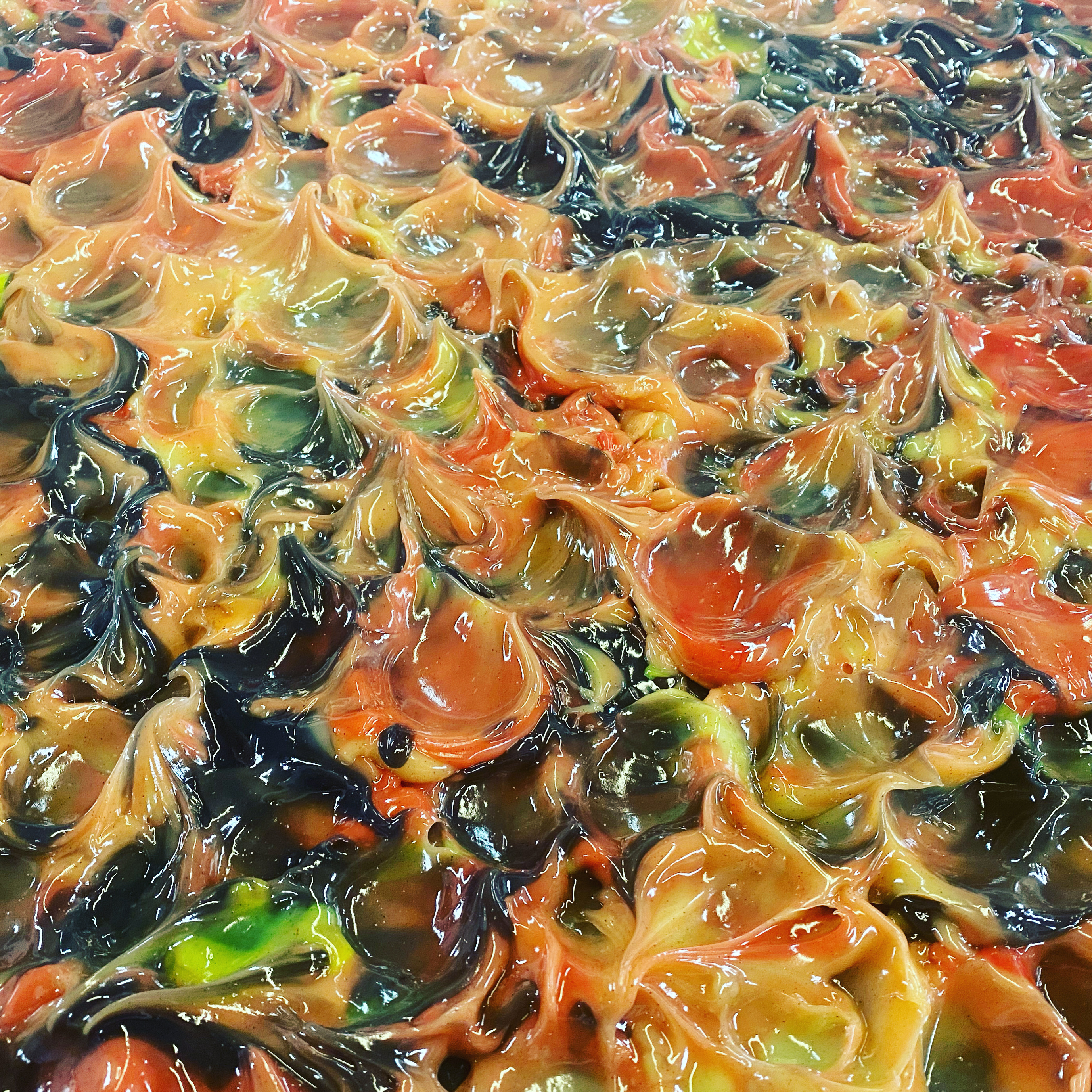Not all Soap is Created Equal: What's the Difference Between Handmade and Commercial Soap?


One of the biggest questions I get is what is the difference between the soap I make and the soap someone can buy at *name a random box store*? Soap is an essential part of our daily routine, from washing our hands to washing off the dirt of the day, but not all soaps are created equal. There’s a significant difference between handmade soap and commercially made soap, from the ingredients used to their benefits for your skin. Let’s explore these differences, weighing the advantages and disadvantages of each.
Ingredients: Natural vs. Synthetic
The term "natural" is a loose term in the cosmetic industry. There is no set standard on the term and large corporations will often use this vague term to their advantage when marketing their products. One of the primary distinctions between handmade and commercial soap is the ingredients used in their production. Handmade soaps are often crafted using natural ingredients such as plant-based oils, butters, essential oils, and botanicals. Key ingredients often include olive oil, coconut oil, shea butter, and natural additives like oatmeal, honey, and herbs. Commercial soap on the other hand are typically mass-produced with synthetic detergents, preservatives, and artificial fragrances (though handmade soap can be scented with fragrance oils as well, we recommend always looking at the ingredient list!) Ingredients like sulfates (SLS/SLES), parabens, and synthetic dyes are commonly used to enhance lather, increase shelf life, and add color. While commercial soaps and detergents have their place, we are admittedly biased towards the handmade soap industry.
Advantages and Disadvantages
Each type of soap has its own set of benefits and drawbacks.
Handmade soap has several advantages, including being skin-friendly due to its natural oils and butters, which nourish and moisturize the skin, making it ideal for individuals with sensitive or dry skin. It is also typically does not contain harsh detergents, parabens, or synthetic additives, reducing the risk of irritation and allergic reactions. Additionally, handmade soaps are customizable, available in various formulations with unique scents, textures, and benefits based on natural ingredients. They are also eco-friendly, often made with biodegradable ingredients and sustainable packaging, minimizing environmental impact. However, handmade soaps have some disadvantages, they tend to be more expensive due to high-quality ingredients and artisanal production. There is also a wide variety of soap makers, which means a wide range of skills, recipes, and experiences. While we love handmade soap, we also remind people that not every handmade soap is the same. (We are so glad our longtime customers have stuck with us from the early days!) Making handmade soap is a process, and one that often takes years to become accomplished in!
On the other hand, commercial soap offers benefits such as being more affordable and accessible due to mass production, which makes it budget-friendly and widely available. Additionally, many commercial soaps have stronger cleansing power, formulated with strong detergents that effectively remove dirt and oil. However, commercial soap has its downsides, including being harsh on the skin, as synthetic detergents and sulfates can strip the skin of its natural oils, leading to dryness and irritation. It also contains artificial additives, such as synthetic fragrances and dyes, which may trigger allergic reactions and skin sensitivities. Furthermore, commercial varieties often lack natural glycerin, a byproduct of the soap-making process that helps retain moisture in the skin, making them less moisturizing compared to handmade alternatives.
Which One is Right for You?
Choosing between handmade and commercial soap depends on your skin type, budget, and personal preferences (though we think you deserve to use the fantastic soap.) If you have sensitive skin and prefer natural skincare products, handmade soap may be the best option. On the other hand, if affordability and convenience are your main concerns, commercial soap might be more suitable. Ultimately, understanding the differences allows you to make an informed decision that best suits your skincare needs. Whether you opt for the nourishing benefits of handmade soap or the accessibility of commercial soap, it’s essential to prioritize what works best for your skin and lifestyle. But remember, life is to short to always use the crappy soap, you deserve the fantastic soap!
